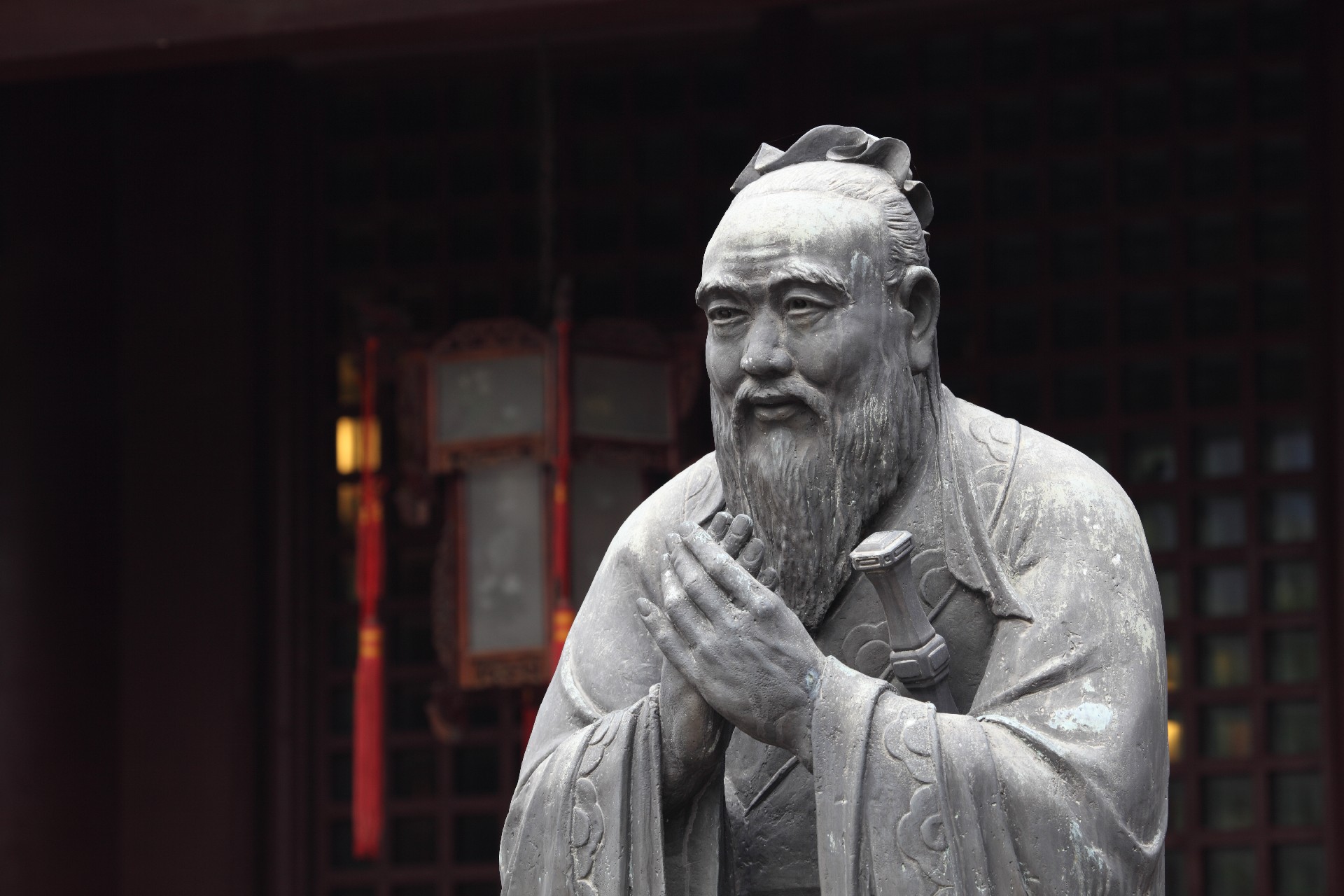Confucius: Benevolence and Rites — the Foundation of Social Order
Confucian philosophy, as a core component of traditional Chinese culture, played a prominent role during the Hundred Schools of Thought in the Spring and Autumn and Warring States periods. This era was marked by social unrest and the collapse of the old order, which led to an unprecedented intellectual explosion. Confucian philosophy emerged in response to this context, with the thoughts of Confucius, Mencius, and Xunzi shining like brilliant stars, jointly constructing a profound ideological system. Their dialectical evolution not only addressed the social needs of their time but also had a profound impact on later generations.

Confucius, the founder of the Confucian school, lived during a time when rituals and music had broken down. His thoughts aimed at reconstructing social order through the concepts of benevolence and rites.
Benevolence
Benevolence is the core of Confucian thought, with profound ethical and ontological connotations related to empathy, group identity, and social harmony. Confucius emphasized that benevolence is not simply about punishment or rigid discipline, but about guiding others through tolerance and kindness. For example, Confucius illustrated benevolence by using the example of a mother’s attitude toward her child, advocating for guiding the child with care and love rather than punishment, thus promoting social harmony through positive interpersonal relationships.
Confucius’ Benevolence and Parental Love
Once, Confucius came across a mother who scolded her child for being playful. Confucius advised her that true benevolence was not about punishment, but about guiding the child with love and understanding. He urged her to use maternal love to inspire the child’s growth. This story reflects Confucius' understanding of benevolence — not as cold discipline but as a means of fostering interpersonal and social harmony through empathy and care.
Rites
Rites represent Confucius’ innovation and inheritance of traditional culture. They are both external norms that regulate behavior and, through long-term practice, are internalized as individual moral awareness. Rites not only maintain social order but also elevate individual moral cultivation, forming an important link between the individual and society.
